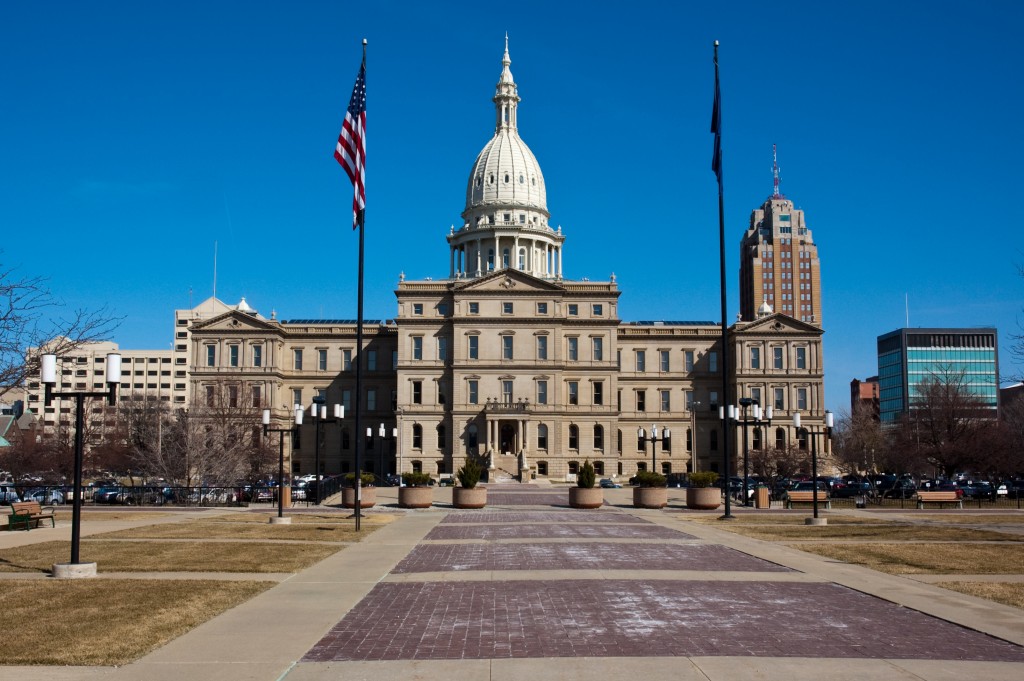
States bolster religious freedom after Supreme Court same-sex marriage decision
by Stanley Carlson-Thies
The Supreme Court’s Obergefell decision requires states to allow same-sex couples to marry. Churches and ministers will not be required to conduct gay weddings, but will faith-based adoption agencies, religious counseling services, wedding-service businesses operated by religious people, and independent religious schools be required to treat same-sex married couples the same as traditionally married couples? That’s up to state rules, and in many cases these state rules have yet to be written.
When, before the Supreme Court or other judges acted, a dozen states (counting also Washington DC) legislated marriage equality, they each also enacted at least some protections for religious organizations. If a state has a sexual orientation nondiscrimination law, then it is illegal to treat same-sex marriages differently — but many states do not have such a law and those that do all have some kind of religious exemption. And 21 states have Religious Freedom Restoration Acts that offer organizations and persons a day in court to challenge laws that they believe violate their religious freedom.
Here are two new actions:
On July 7, Kansas Governor Sam Brownback signed a state Executive Order protecting organizations and persons in the state from being punished by the state government-by a fine, loss of a grant, loss of accreditation or license, loss of tax exemption, etc.-because of their religious or moral conviction in favor of man-woman marriage.
And on July 2, the Attorneys General of 15 states wrote to the leaders of the House and Senate asking Congress to act to prevent the IRS from being able in the future to exclude from tax-exempt status religious organizations that remain committed to traditional marriage.
